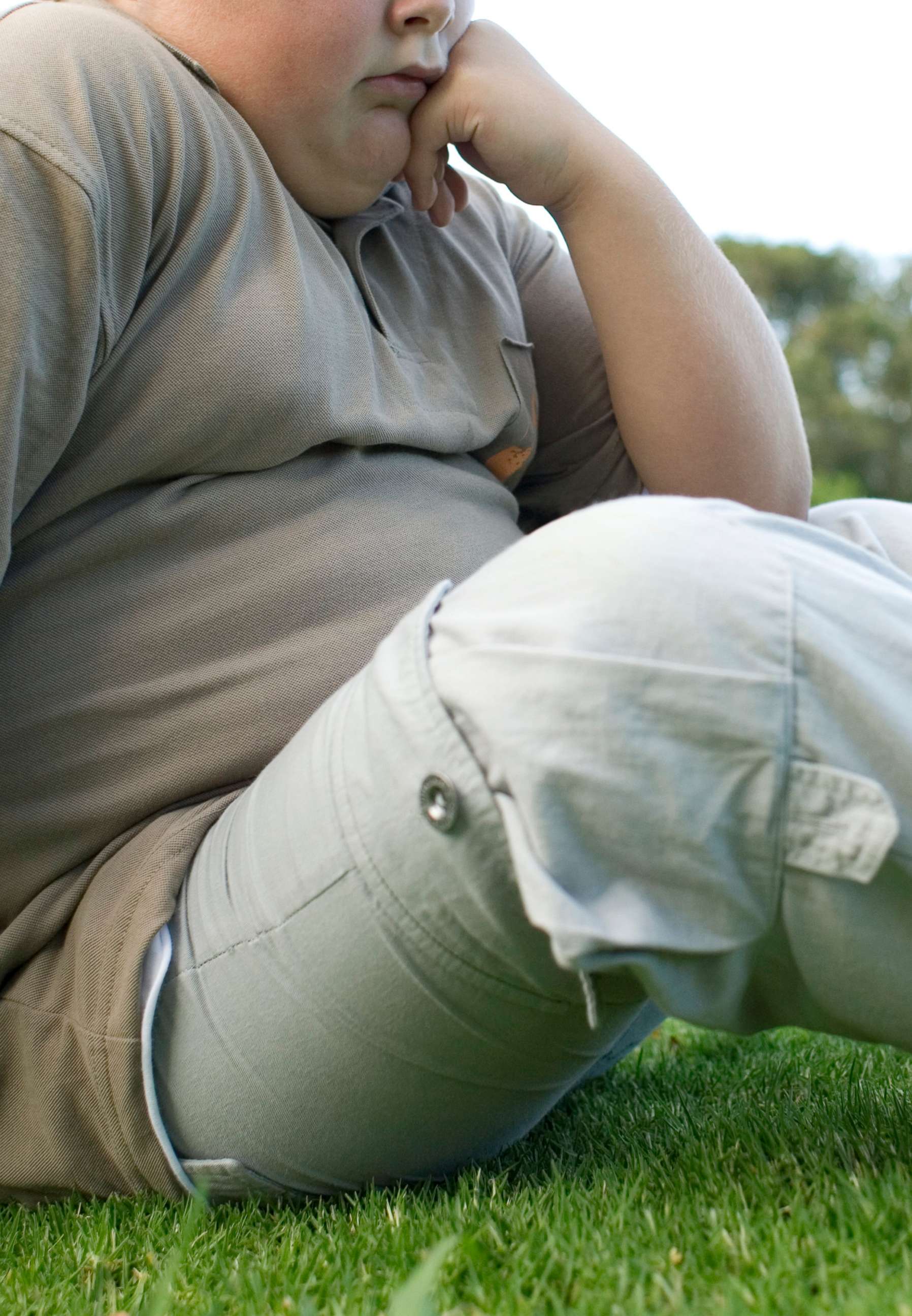Lack of activity in kids may predict depression in adulthood: Study
Kids who were not active had a higher chance of developing depression as adults.
The relationship between sedentary behavior and poor physical health is well known, but a new study is showing a lack of exercise can also affect kids' mental health later in life.
The study, published Tuesday in Lancet Psychiatry and conducted at University College London, has shown that teenagers who were sedentary between the ages of 12 to 16 had a higher chance of developing depressive symptoms at age 18 and beyond.
A lack of exercise in childhood leads to increase risk of obesity, cardiovascular disease, diabetes and overall mortality in adulthood, past studies have shown. However, the relationship between sedentary behavior in adolescents and future mental health problems has been less studied.
"Regular exercise may be protective from the development of depression," said Dr. Alexander Sanchez, a psychiatrist practicing in New York City, who was not involved with the study.
Researchers followed 4,257 adolescents for six years starting at age 12 to find a connection between physical activity, sedentary behavior and depressive symptoms. Examples of sedentary behavior include surfing the web, screen time on smartphones, playing video games, watching television and reading. Participants were asked to wear accelerometers on their hips for seven days at a time to measure the amount and intensity of their physical activity.
Information about physical activity was gathered every two years from age 12 to age 18 and categorized as sedentary, light activity or moderate-to-vigorous activity. Teenagers were also screened for depressive symptoms beginning at age 12 and every two years until age 18.

Results showed that sedentary behavior increased and light activity decreased throughout adolescence, for unknown reasons, both of which led to depressive symptoms at 18 years old and beyond. Higher time spent sedentary or engaging in light activity were associated with higher depression scores and time spent doing moderate-to-vigorous physical activity was a protective factor for depression later on in life.
"The importance of exercise to mental health is becoming more recognized each year," said Sanchez. "Exercise has correlated with a decrease in depressive symptoms, including improvement of mood and attention, regulation of sleep and increase in self-esteem. Outdoor exercise and exposure to nature is especially noted to increase overall feeling of well-being."
One additional hour of sedentary behavior per day increased depressive scores by 10% by 18 years of age, according to the study.
Depression affects an estimated 17.3 million adults in the U.S., according to the National Institute of Mental Health. The highest prevalence of depression is among individuals aged 18 to 25. In U.S. adolescents aged 12 to 17, an estimated 3.2 million -- about 13.3% of that population -- have had at least one major depressive episode.
Depression is a common psychiatric disorder and is the main cause of psychiatric disability among adolescents. The first onset of depression tends to be during adolescence, which represents an important window for identifying risk factors that can be modified.
"The CDC recommends one hour of physical activity daily for children and adolescents, including moderate or vigorous physical activity, like running or aerobic exercise," said Sanchez. "No amount is too little and a benefit has been seen with as little as 10 minutes daily."
Yalda Safai, M.D., M.P.H., is a psychiatrist at New York Medical College-Metropolitan Hospital Center working with the ABC News Medical Unit.




